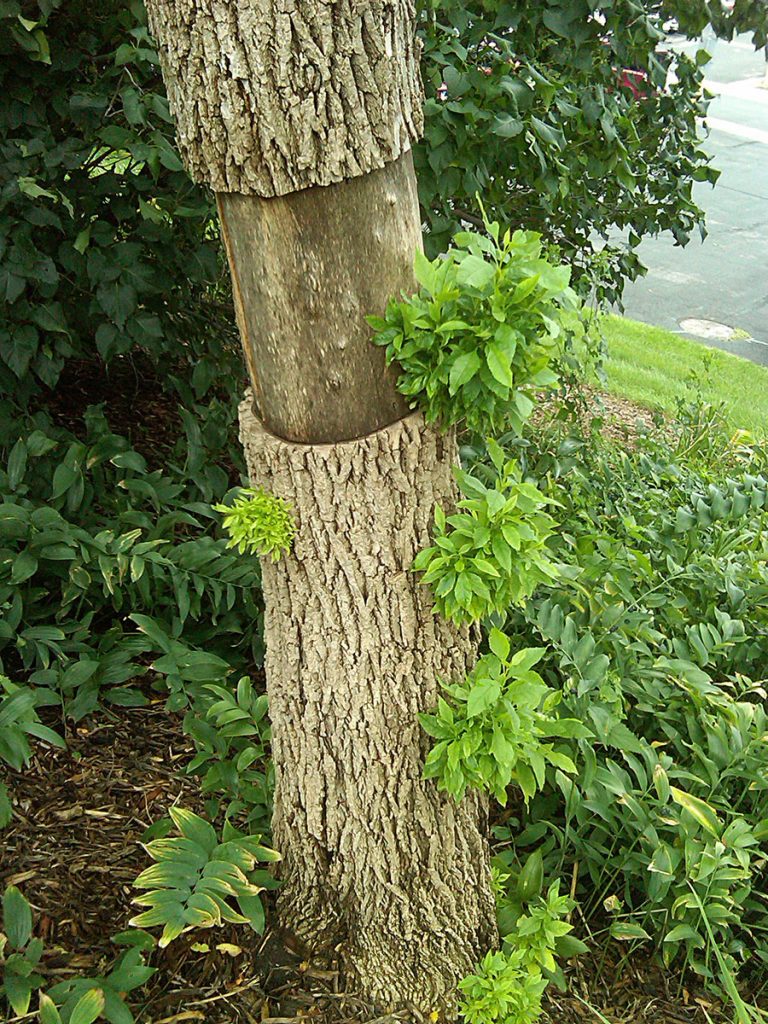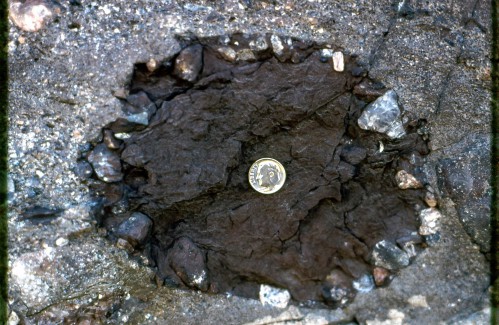This is the first lecture in a six-week series of lectures which will look at the history and development of garden technology from Medieval times right up to the present day. The ‘technology’ of gardening has developed enormously over the past centuries due to mechanization, automation, advances in science – and we can now grow plants without soil, we have automated watering systems for our greenhouses and we can watch while the robot mower, controlled from our smartphones, trims our lawns to perfection. But although we may approach them differently, the tasks and challenges that face gardeners today are much the same as they were back in Tudor times and earlier: preparing the soil, planting, protecting, composting, propagating and so on and so on. The rise in the organic movement over the past few decades has reminded us that the gardeners of old knew at least as much about gardening and working in harmony with nature as we do now, so how have new technologies developed and progressed our gardening knowledge, practice, and techniques?
The Gardens Trust has engaged a series of expert speakers to examine this question, including the renowned garden writer and designer, Noel Kingsbury, National Trust curator James Rothwell, expert on lawnmowers through the ages Keith Wootton, as well as regular Gardens Trust lecturers Jill Francis and our very own David Marsh; who will take a different technology in turn – tools, fertilizers, pest control, glasshouses, lawnmowers and plant breeding – and explore their history and development in relation to gardening.
On February 21, Jill Francis begins with The Tools of the Trade. Ever since Adam was a boy, people have been using mechanical aids to help with the hard labour of gardening. Spades, mattocks and hoes have been used all over the world for thousands of years, and we still use versions of these tools today, although perhaps surprisingly, there are no records of the garden fork being used until the seventeenth century. Adapted from farming implements, garden tools were repaired, sharpened and cherished, they were listed in inventories, household accounts and passed on in wills, but this essential aspect of our gardening heritage is rarely discussed in garden histories. This talk will offer an overview of the development of garden tools from ancient times into the modern world.
Jill Francis is an early modern historian, specialising in gardens and gardening in the late-sixteenth and early-seventeenth centuries. She was awarded her PhD in 2011 by the University of Birmingham and has taught as a visiting lecturer at Birmingham and also the University of Worcester. She also has lectured in a variety of Garden History fora, including the Institute of Historical Research Landscape and Gardens seminar programme and most recently, has become increasing involved in the Gardens Trust extensive online provision. She also works at the Shakespeare Institute Library in Stratford-upon-Avon. Her first book, Gardens and Gardening in Early Modern England and Wales, was published by Yale University Press in June 2018.
Register HERE. Tickets £24 or £5 each through Eventbrite. Attendees will be sent a Zoom link 2 days prior to the start of the talk, and again a few hours before the talk (If you do not receive this link please contact us). A link to the recorded session will be sent shortly after each session and will be available for 1 week .



